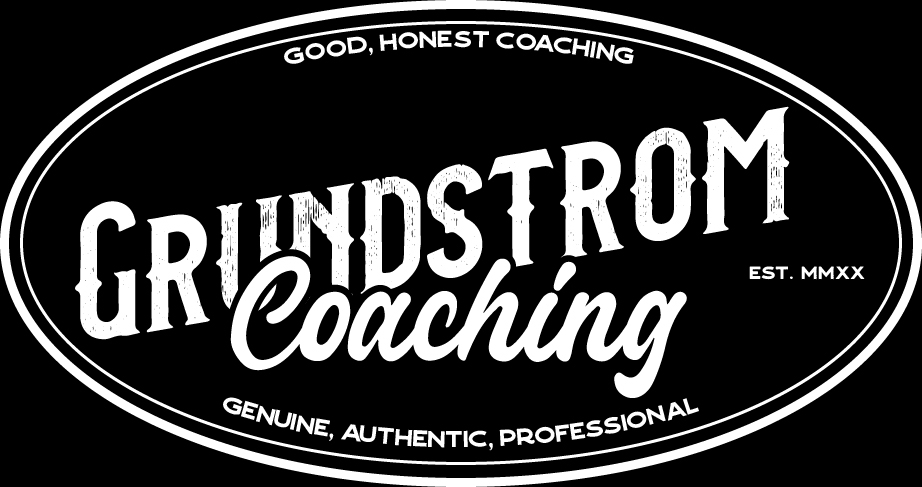
After the death of Bela Lugosi in 1956, director Ed Wood cast his wife’s chiropractor to finish Lugosi’s scenes for his cult classic Plan 9 From Outer Space, despite bearing no physical resemblance to the legendary actor. Hence, for most of the movie he stalks around dark graveyards littered with cardboard gravestones, covering his face.
Usually the term “impostor syndrome” refers to feelings of “faking it” at work, but it can also have other applications. I’m finding it comes up quite often in discussions with clients in other areas as well, especially around confidence issues.
Impostor Syndrome Basics
In the traditional sense, impostor syndrome has mainly dealt with work issues; someone feels they’ve been promoted beyond their abilities, everyone else seems to be a natural at their work, while the person feels like they’re “making it up as they go along” and that they’re going to be found out at any moment. This can show in a decrease of work performance, lack of career progression, and unhappiness at work. This leads to burn-out, stress, and a skewed work-life balance.
But impostor syndrome can show up in other ways as well in other areas of life; people have feelings of “not deserving any better”, “what if this is as good as it gets?”, or “what if this is just who I am?” Here, the feelings of being an impostor stem from a lack of confidence in one’s abilities and especially around one’s “worthiness”.
The Confidence Impostor
From a confidence perspective, the impostor syndrome comes in in cases such as those above; it is quite simply a fear of being in a position you somehow don’t deserve. How many of these ring true:
- You can’t get that role you want because you’re not expert enough.
- You can’t make that life-changing decision because happiness is not for you.
- You can’t change your habits because people will think you’re “putting on an act”.
All these tie in with my previous articles around building confidence. This is why for some people setting goals isn’t enough, because they never believe they are worthy of change. They see their goals as unachievable from the start. Sometimes it’s not so pronounced, it’s just a feeling of “I can’t make this change”.
Accepting Change
One “traditional” way of addressing impostor syndrome issues is through “the internal boardroom”; this is where the client imagines gathering everyone they know and listening to their opinions in order to get a sense of confidence. However, often for people who lack the confidence, it easily becomes “the internal courtroom”, where instead everyone they know is judging them. In those cases, no praise can be accepted because it’s never seen as genuine. Just like with past narratives where events were filtered and biased, the internal feedback becomes filtered and biased.
So how do you move past it? Well, it’s definitely not as easy as “just get over yourself” as some would suggest. In my view, what comes first is simply acceptance:
- I can get that role because I am good enough at my job, or the job I want.
- I can change my life because I deserve happiness.
- If I change these habits in order to being the true me, people will see who I really am and what I’m actually capable of.
So how do you actually do that? I see it as making small changes, a little at a time. Imagine if you got to try on a really expensive coat, just for a moment. The coat lets you be the best version of you, only for as long as you wear it. What would it feel like to be that person just for a short while? What would it feel like to open yourself up to accepting not only what other people believe, but what you believe? What could that person be, achieve, and accomplish? And then take the coat off again. Now what does it feel like to have lost all that again?
By putting on the coat for a short while now and again, eventually you realise – it’s just a coat. The power to change was already within you. The confidence you needed was there all along, you just weren’t ready to accept it.
Everyone has their own solution, this is just one suggestion. The best solutions are those based around yourself, and once you find it, it will be much easier to move forward.
If you can’t find what you’re looking for, it’s because you already had it.
-Arabic proverb
Letting Go Of The Impostor
As I’ve said in my other articles on confidence, there is no magic potion for it, no spark of divine inspiration that will suddenly strike and you’ll be imbued with high purpose. It’s small steps; recognising your thought patterns, accepting the past, making small changes, and occasionally getting a bit uncomfortable. If we choose to stay where we are, and the way we are, the world isn’t going to change around us. Everything starts somewhere, and although we might not see it at the time, it could have been that first step that starts the rest of your life.

